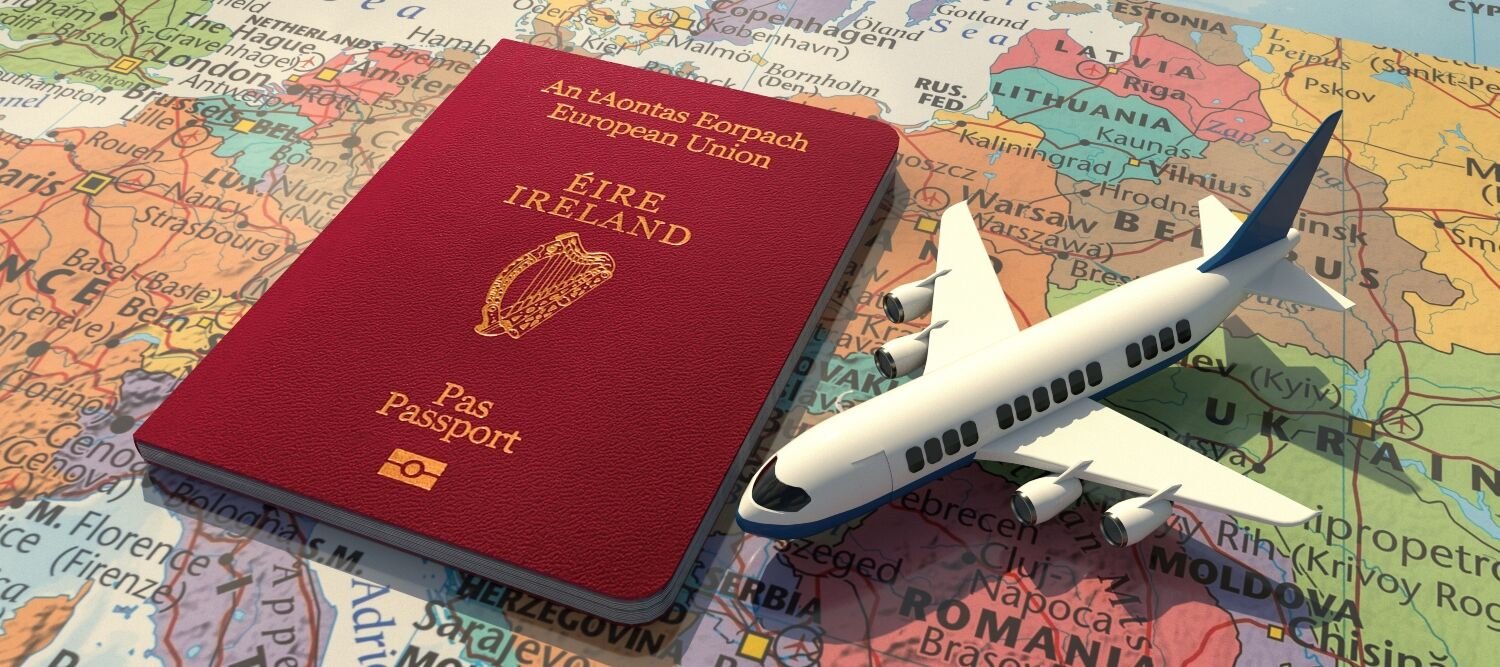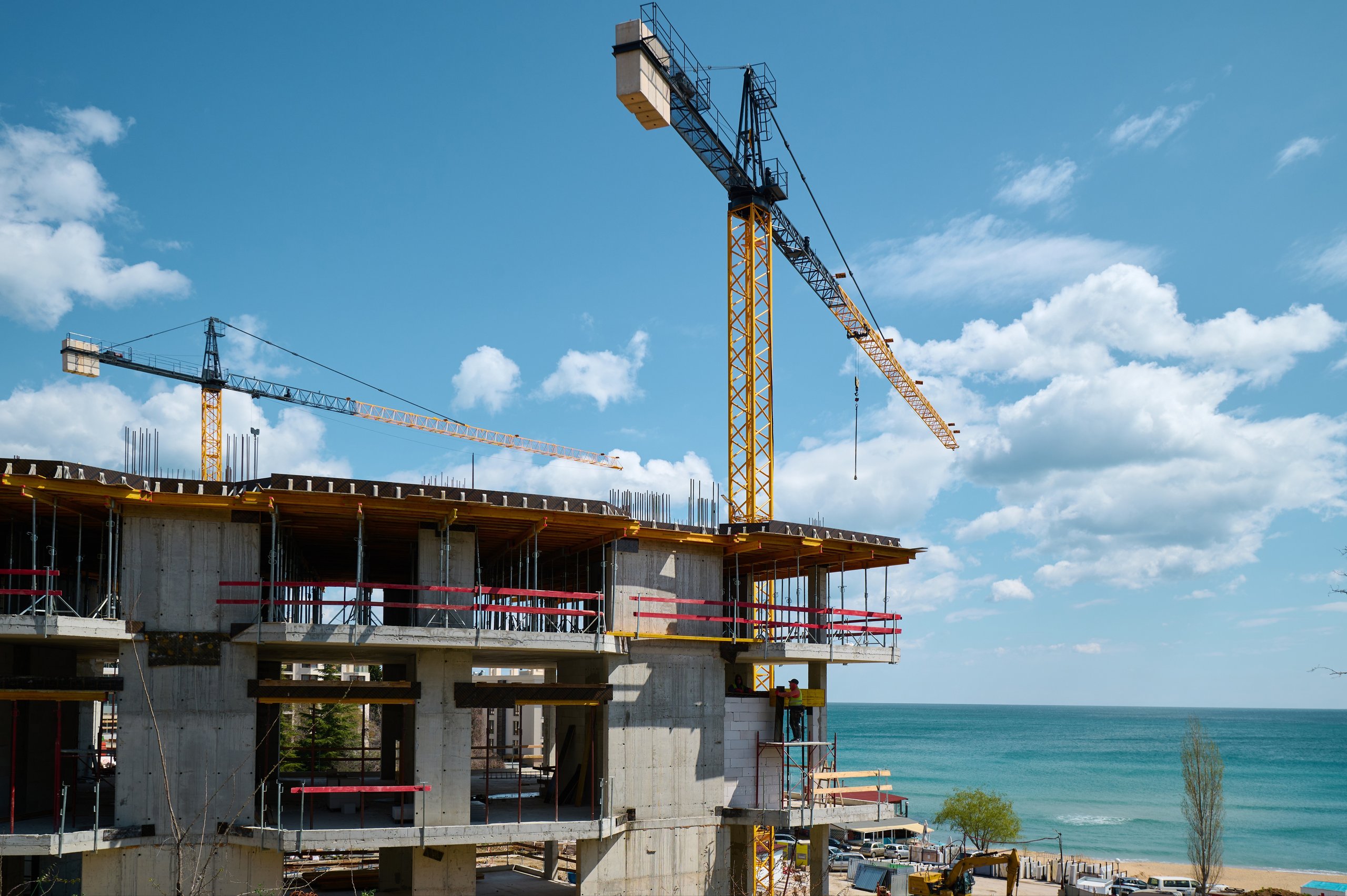Spain’s golden visas may be ending amid fears surrounding property tax proposals, but that doesn’t mean you should give up on your dream of owning a home there! There are plenty of other ways to become a property owner in Spain – and other European countries. Acquiring an Irish passport is just one.
Many of Europe’s so-called ‘golden visas’ have ended or are coming to an end. These schemes allowed non-EU citizens to secure residency through investment, often by purchasing property. Portugal’s golden visa programme ended in 2023, Ireland shut down its Immigrant Investor Programme in the same year and Spain’s golden visa ended on 3rd April 2025. Spain has also proposed a tax on properties bought by non-EU residents, although this is far from becoming law and faces significant opposition.
For these reasons, many UK and US buyers will be looking for alternative ways to buy that sun-drenched villa on the Med, ski chalet in the Alps or countryside cottage in Tuscany. For some, acquiring an Irish passport could be the key to unlocking their future in the EU.
Contents
How can an Irish passport help?

Unlike the UK, Ireland is still part of the EU, which means Irish citizens have the right to live, work and travel freely across all 27 member states.
Acquiring an EU passport can significantly simplify the process of buying and owning property in Europe.
The great news is you might be one of the lucky ones who already qualifies for one!
Who can get an Irish passport?
Irish citizenship is one of the most straightforward ways to gain EU status. Anyone with a parent who was an Irish citizen when they were born or with a grandparent born in Ireland (either the Republic or Northern Ireland) should be eligible to apply for an Irish passport.
For example, if your grandmother was born in Cork and later emigrated, you can register your birth on the Foreign Births Register. Once registered, you’ll be eligible for an Irish passport. This process is open to thousands of people in the UK, the US, Australia and beyond.
How to apply for an Irish passport
Applying for an Irish passport is a relatively straightforward process. We’ve broken it down into four easy-to-follow steps:
1. Check your eligibility
Start by confirming your lineage. You’ll need to gather documents like birth, marriage and death certificates for yourself, your parent and, if necessary, your Irish grandparent. This will prove your direct connection to Ireland.
2. Register a foreign birth
Next, you’ll need to register your birth on the Foreign Births Register. This involves submitting your documentation, along with an application fee. Processing times can vary, so it’s worth starting early.
3. Submit your passport application
Once you’re registered, you can apply for an Irish passport. This can be done online or by post, depending on where you live.
4. Start your European adventure
With an Irish passport in hand, you can live, work and travel across the EU with ease. It’s worth noting that in some countries, you may need to register your residence if you want to stay longer than three months. Imagining that beachside villa in Italy? The renovation project in France? A Greek house with an olive grove, perhaps? Whatever you’re dreaming of, with an Irish passport, you’re one step closer to making it yours.

What if I can’t get an Irish passport?
You may qualify for another EU passport through ancestry – Spanish, Italian, Polish, German and other nationalities all provide the same rights to live and work across the EU. be able to claim an alternative European passport that grants you EU citizenship.
If citizenship by descent isn’t possible, there are still residency options. Many EU countries have introduced visa schemes designed to attract overseas residents and property buyers, including:
- Non-lucrative visas
- Digital nomad visas
- Business and investment visas
These alternatives won’t provide the full rights of EU citizenship, but they still offer a practical and secure way to enjoy long-term life in Europe.
Summary
Your dream of owning a property in Europe is far from over. Whether it’s an EU passport, a visa or family ties, there are plenty of paths to making it happen. You’ll be settling into your new home in no time.
Browse thousands of European homes on Your Overseas Home – and keep that dream alive!
You might also like:









